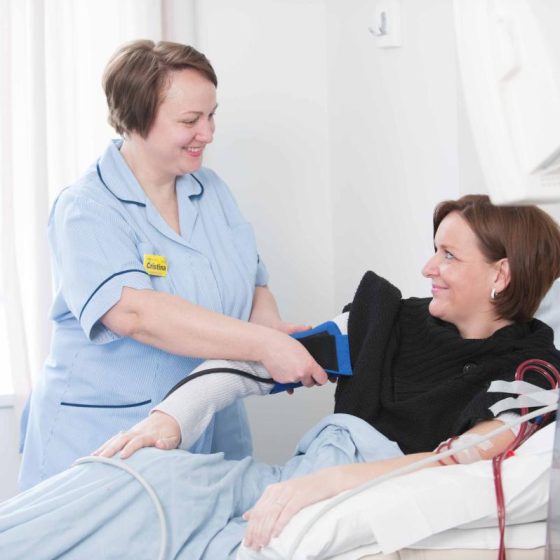Anaesthetic pre-assessment
Introduction All patients will be reviewed by an anaesthetist prior to their surgery. This generally occurs on the morning of the operation by the anaesthetist who will be looking after the patient. It is a time for the anaesthetist to undertake a systematic review of the patient, review any investigations and arrange urgent ones if essential to proceeding with surgery safely. It is also an essential time to explain the anaesthetic approaches available and explain the relevant benefits and risks of each to allow a shared decision to be reached with informed consent. Elective vs emergency Pre-op assessment



